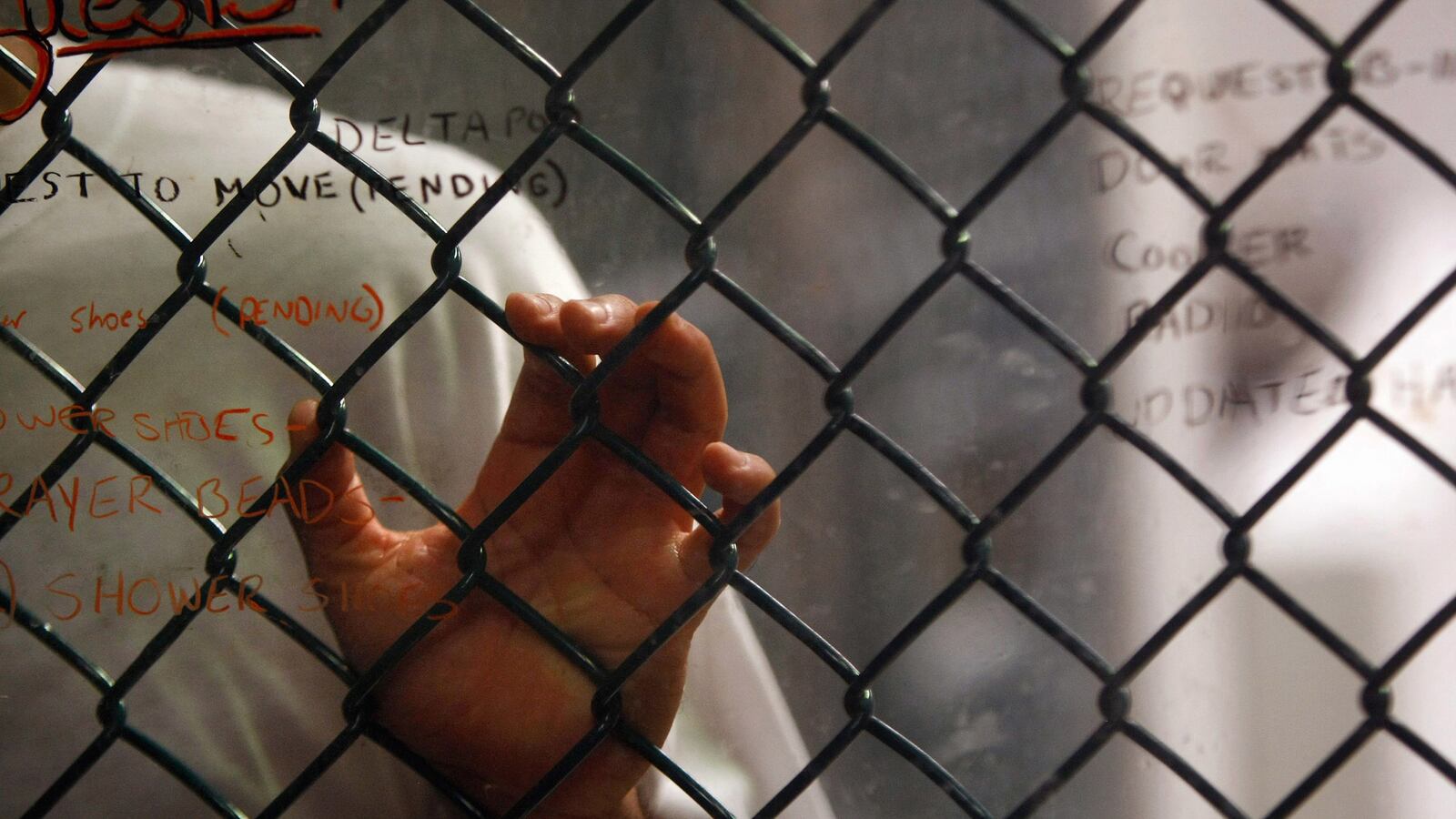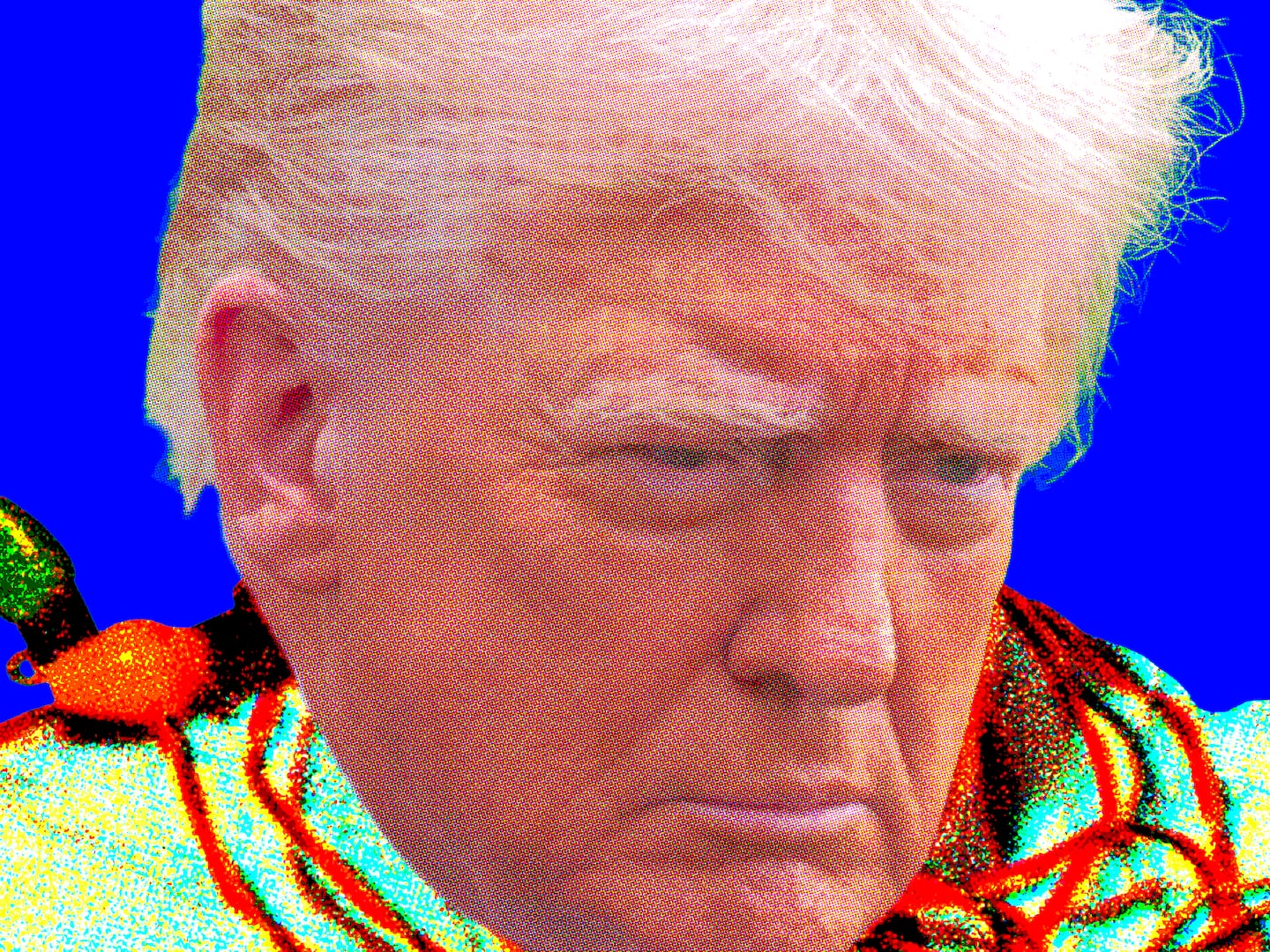The CIA has offered to perform security assessments for former intelligence officers that may be identified in the so-called Senate torture report, expected to be released Tuesday.
Most of these officers are not identified by their real names in the report, which was drawn up by the Democrats of the Senate Intelligence Committee. But the CIA remains concerned that close readers will be able to figure out, based on cross-referencing and context clues, who the anonymous officers are. (Some very senior and well-known officials will be mentioned by name in the report.)
Current and former CIA personnel say they are fearful for their personal safety, and that of their families, should they be identified after the report is released and become targets for harassment or retribution. So the agency has agreed to determine their degree of exposure to any risk of identification, according to one senior intelligence official who spoke anonymously because he was not authorized to speak publicly. “They will help people assess their individual situations, assessing their homes, and helping them keep a low profile,” the official told The Daily Beast.
Roughly 15 agency employees were directly involved in running the program, but the official was not aware of how many had accepted the CIA’s offer of assistance. The CIA would not be providing security, this person said. The agency didn’t respond to a request for comment.
Separately, a lawmaker said the CIA had briefed him on the possible need for “personnel moves” related to the security fallout from the interrogation report. The official spoke on condition of anonymity because he was not authorized to discuss the security preparations publicly.
The CIA has long been concerned that if any of its personnel were identified following the release of the report, which details interrogation techniques President Obama has called torture, it could jeopardize employees’ physical safety and make it impossible for them to work overseas. This issue was a central focus of debate between the committee and the Obama administration, which argued in favor of heavily redacting a 600-page summary so that it’s difficult to know who each anonymous officer mentioned or referred to in the report actually is.
Identifying current officers could also jeopardize any individuals with whom they’re in contact in foreign countries, including spies that the agency is running. “As soon as you start naming names, that person and everyone he’s connected to come up for grabs,” said a former intelligence official who hasn’t read the report but has spoken with current employees at the agency about their concerns.
In addition, intelligence officials are concerned that foreign governments that are described in the report as having helped the United States to detain and interrogate prisoners might resist cooperating in the future on controversial operations.
“Countries who are outed for having supported our interrogation program are going to be less likely to support us in the future,” said Gary Berntsen, who spent more than 20 years in the CIA, including three assignments as chief of station in the Middle East and Latin America. “Would you engage in another clandestine program with a country who outs you in the press? They won’t trust us. That’s a big problem.”
Bernsten said that releasing the report could endanger U.S. personnel chiefly in Iraq, Jordan, and Turkey, as well as other Persian Gulf countries—and especially those nations now struggling with Islamic extremist movements.
“There are now dozens of countries across the Middle East and Africa where those organizations that are members of ISIS or al Qaeda would be spurred to conduct additional operations against the United States. I don’t want to test that theory, however—and I see [the release] as unnecessary,” he said, adding that U.S. personnel working in Middle Eastern countries in particular will be at risk for attack. “Why fan the flames on this?”
It’s an argument that Mieke Eoyang—a former staffer on the House Intelligence Committee who now directs the National Security Program at Third Way, a Washington think tank—has trouble swallowing.
“Is ISIS really able to rally people in the streets over waterboarding and sleep deprivation after they’ve beheaded people? It seems hard to imagine that they have the moral high ground here,” she told The Daily Beast. “However, aside from the techniques themselves, if there were slights against religious texts or icons, that might inflame the Muslim world more generally. If that’s in the report, you have to ask why we did it and if it was actually effective.”
Last week, Bloomberg View reported that Secretary of State John Kerry raised concerns with the Senate Intelligence Committee chairwoman, Dianne Feinstein, about how the release of the report might affect the United States’ fight against ISIS, as well as the safety of Americans held overseas by terrorist groups. Kerry called the senator on Friday “because a lot is going on in the world, and he wanted to make sure that foreign-policy implications were being appropriately factored into timing,” said State Department spokeswoman Jen Psaki.
Rep. Mike Rogers, the chairman of the House Intelligence Committee, said on CNN that releasing the report at this time would put America at risk of attack, calling the Senate committee’s decision “a terrible idea.” Rogers added, “Foreign partners are telling us this will cause violence and deaths. Our own intelligence community has assessed that this will cause violence and deaths.” Former CIA Director Michael Hayden told the right-leaning Newsmax TV that the reaction to the report would make the CIA less willing to undertake risky but necessary operations and would result in “an American espionage service that is timid and friendless and that really is a danger to the U.S.”
Those concerns weren’t enough, however, to stall the report’s release. The White House was informed by the committee on Monday that the report would be released the following day.
—with additional reporting by Tim Mak







